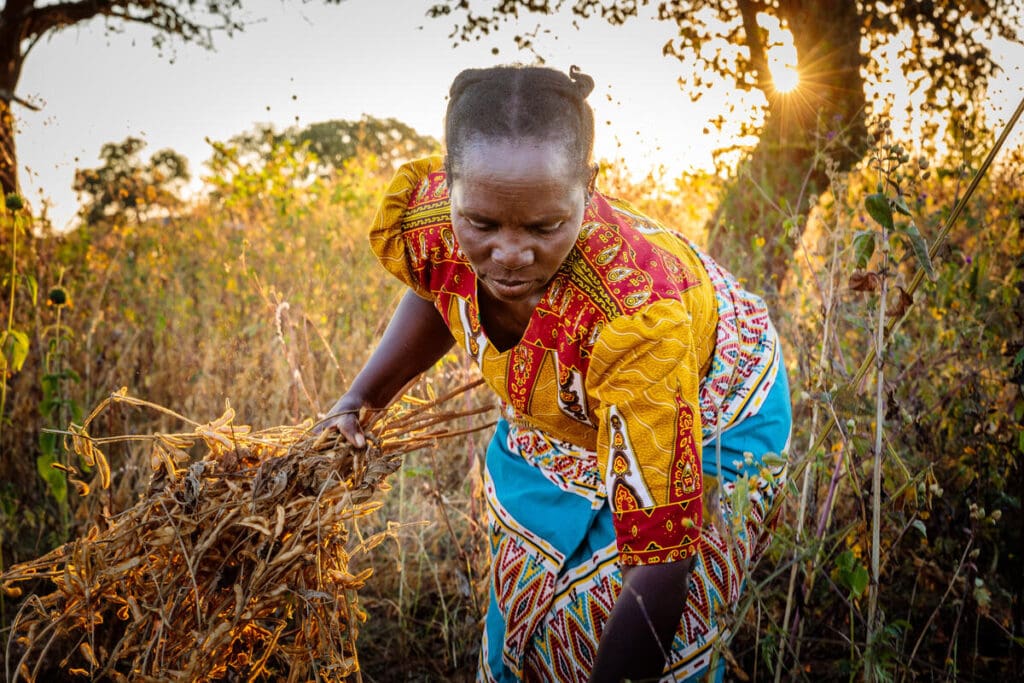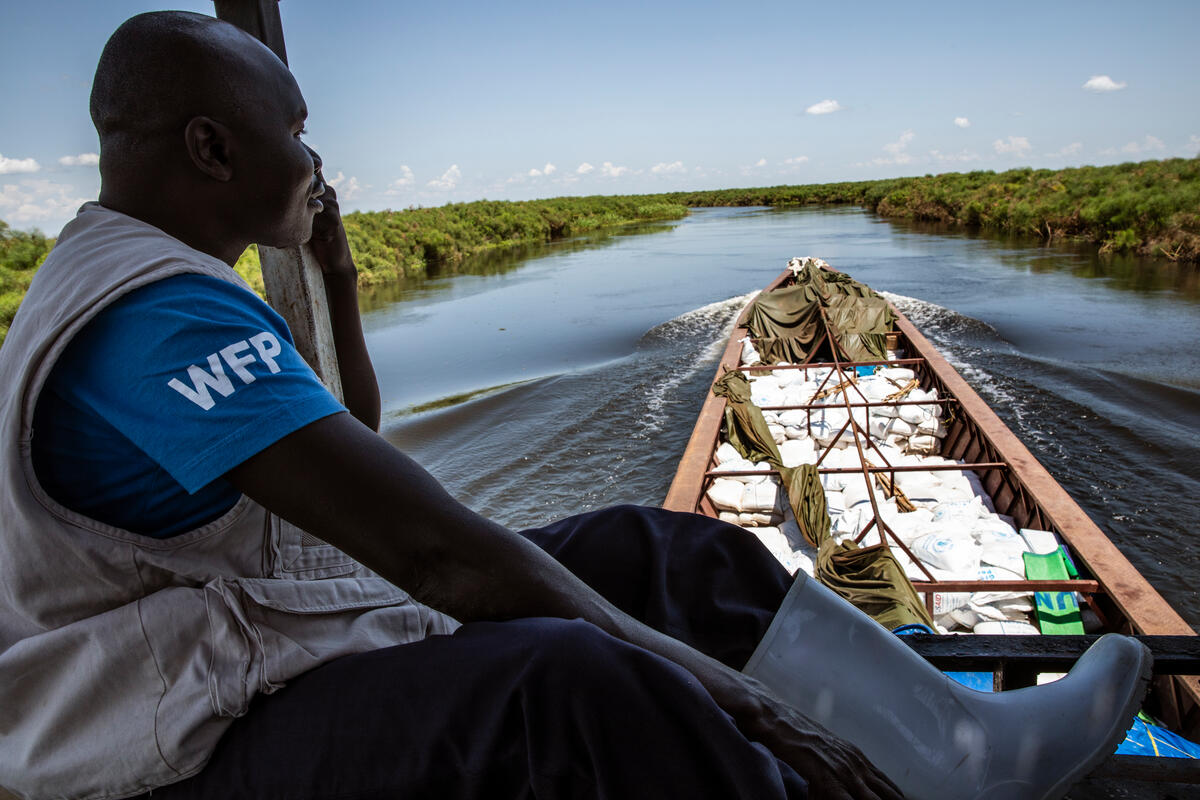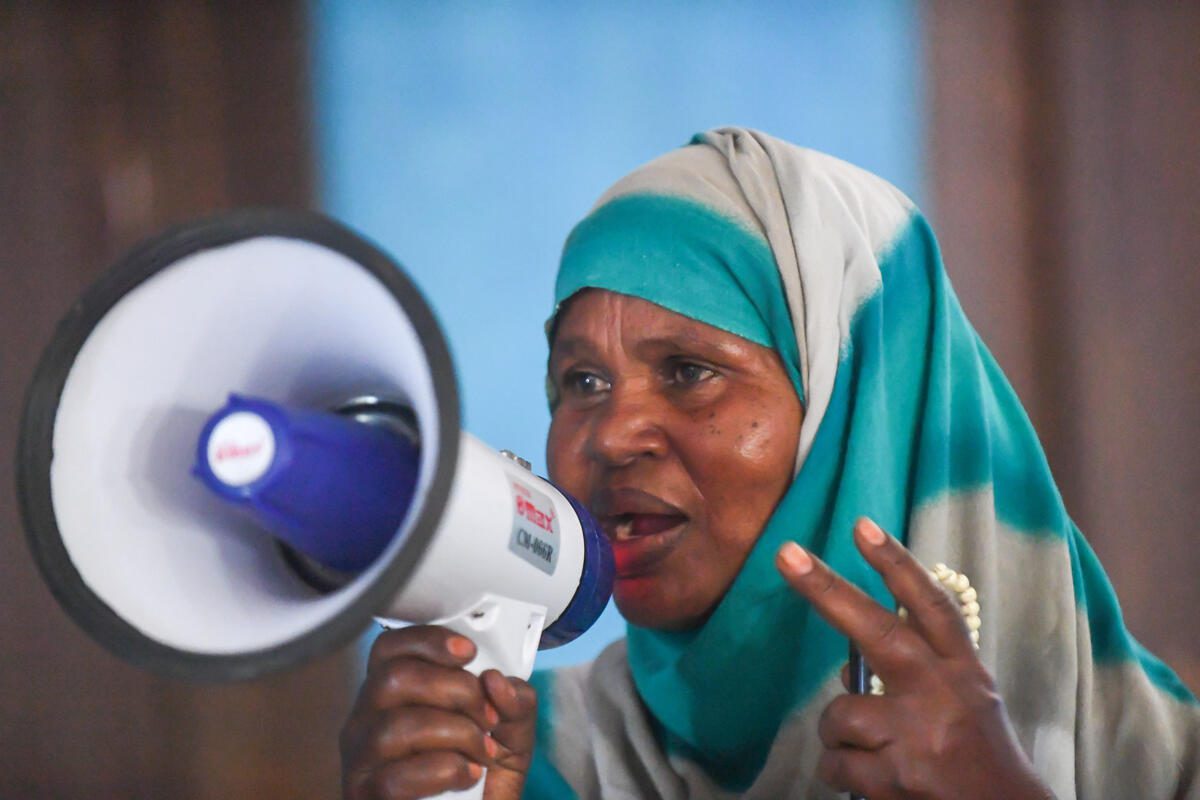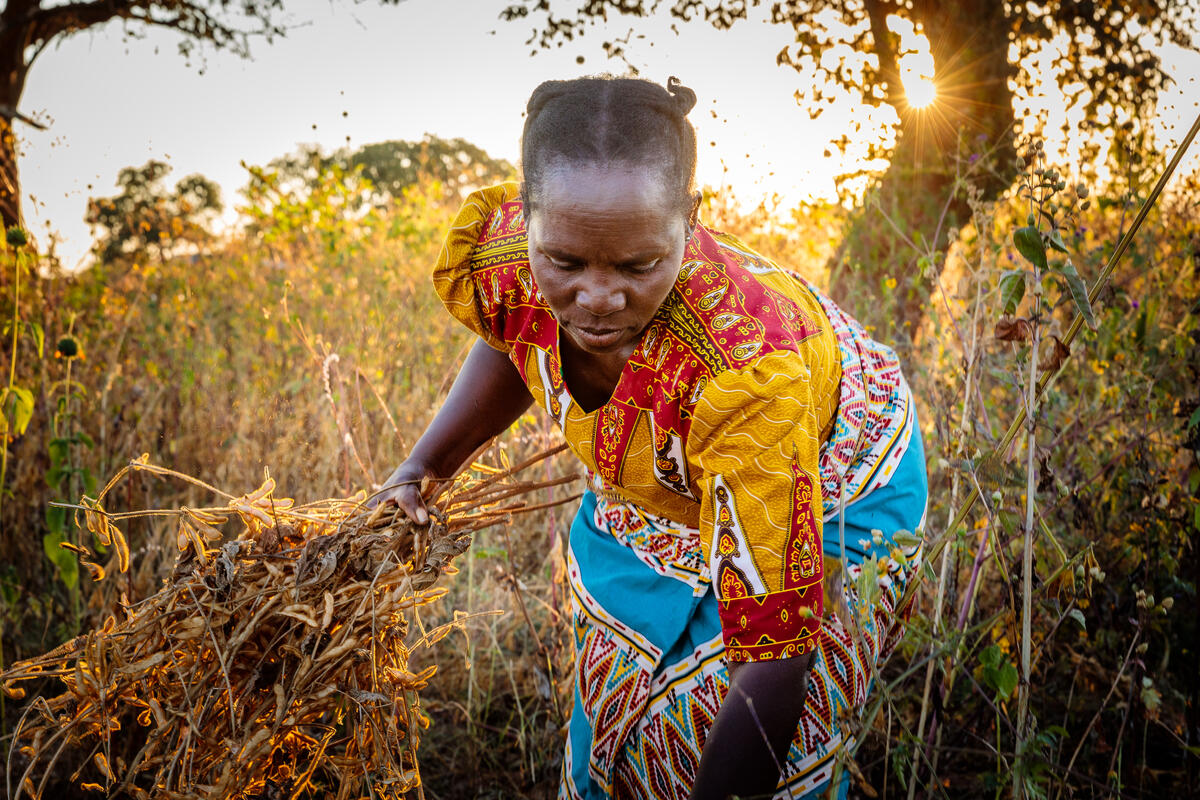The Future of Food: Impact Through Innovation

As the saying goes, “Necessity is the mother of invention.” This philosophy guides United Nations World Food Programme (WFP) colleagues around the world and the WFP Innovation Accelerator team each day as they seek to create and identify innovations that help combat global hunger. The WFP Innovation Accelerator is the brainchild of WFP, and it supports WFP teams, NGOs, start-ups and the private sector to co-create impactful solutions using cutting-edge approaches, from agriculture to artificial intelligence, blockchain and innovative supply chain models.

WFP is the frontline agency responding to emergencies caused by conflict, climate shocks, pandemics and other disasters. Innovation and new technologies are vital to WFP’s agile emergency response.
WFP Executive Director Cindy McCain recently stated, “In a world where more and more people face dangerous food insecurity, WFP must stand resolute in its commitment to innovation.” Innovation is critical to WFP’s efforts to combat the global hunger crisis and is among its highest organizational priorities. It’s also a philanthropic priority of many corporate partners. This holiday season, we would like to recognize and give thanks to several partners who have made generous donations to World Food Program USA in support of WFP’s innovation efforts this year.
Working together, WFP and these partners are co-creating and deploying efficient, effective and transformative solutions in the fight against hunger.
John Deere Foundation
Innovation has long been a central focus of John Deere’s philanthropy and remains a core priority for their team today. That’s why the John Deere Foundation recently gave a transformational $5 million dollar grant to World Food Program USA in support of WFP’s innovation priorities across the organization. This grant supports WFP’s efforts to scale-up smarter, more sustainable, and cost-effective solutions that improve the food security of small-scale farmers and others experiencing hunger.
Additionally, the Foundation continues to drive impact through direct support to the WFP Innovation Accelerator, strengthening initiatives focused on sustainable farming solutions. Their partnership has enabled multiple “sprint projects” over the years, including:
- Toothpick Project – This bio-herbicide technology kills Striga, a destructive parasitic weed found in 40 million farms across sub-Saharan Africa. It’s considered the worst pest threat to African food security. Through this bio-herbicide use, farmers were able to increase their crop production by up to 56%.
- Takachar – These small-scale, portable processing units enable family farmers to recycle farm waste on-site, thereby turning waste into valuable bioproducts such as fuels, fertilizers and activated carbon. Similar to the Toothpick Project, this type of mentorship between John Deere experts and innovators on the ground has increased farmers’ income by as much as 40% while also reducing harmful air pollution from waste-burning.
- Solar4Resilience – This initiative uses solar-based technologies to build the resilience of female small-scale farmers in India. The innovation builds on a model developed by the startup S4S Technologies. Women receive low-interest loans from local banks to purchase innovative solar dryers used to process perishable foods (like vegetables, millet and fish) and commodities that would otherwise be thrown away. Through Solar4Resilience, female micro-entrepreneurs gain access to markets to sell processed food as well as training in finance and quality assurance, potentially earning up to $1,200 in additional revenue. So far, 300,000 people earned $12 million of extra income.
Google.org
Google has been a steadfast supporter of WFP initiatives since 2015, leveraging technology, artificial intelligence and innovation to help bring us closer to a Zero Hunger World. In 2022, Google.org deepened its commitment to innovation, pledging a $3 million dollar grant to World Food Program USA for an AI-enhanced early weather warning program in East Africa. Underscoring the need for local solutions, this project uses cloud computing and AI to anticipate impending weather shocks, protecting many lives and livelihoods by empowering communities to lead interventions and build resilience against climate-related disasters.

Duniya Hashgen speaks at an early warning advocacy meeting in Ethiopia. Early weather warning programs help communities prepare for impending disasters.
Citi Foundation
As part of its Global Innovation Challenge, Citi Foundation has granted $500,000 dollars to World Food Program USA in support of the WFP Innovation Accelerator’s efforts to enhance the climate resilience and financial inclusion of small-scale farmers in Zambia. The WFP Innovation Accelerator works through the SheCan program, increasing access to affordable capital and helping farmers connect to markets and access financial literacy training and tools such as climate risk insurance. The Citi Foundation’s support will help WFP improve the livelihoods and food security of an expected 100,000 farmers over the next two years.

WFP helps small-scale farmers like Emeldah in Zambia to boost their harvests and incomes.
The UPS Foundation
For more than a decade, World Food Program USA and The UPS Foundation have partnered closely to address some of the world’s most complex and urgent global challenges. Over the years, they have supported long-term capacity building efforts, emergency response, and field operations to build the capacity of WFP’s supply chain teams through leveraging best-in-class skills and expertise.
Most recently, The UPS Foundation invested in WFP’s “Grain ATM” or Annapurti. This is not your typical ATM. WFP’s “Grain ATM” revolutionizes efficient and effective food distribution by ensuring individuals have swift and accurate access to their full food ration. Capable of dispensing 55 pounds of grains in less than 40 seconds, Annapurti streamlines the distribution process and integrates with a biometric authentication system, enhancing security and accountability.
# # #




